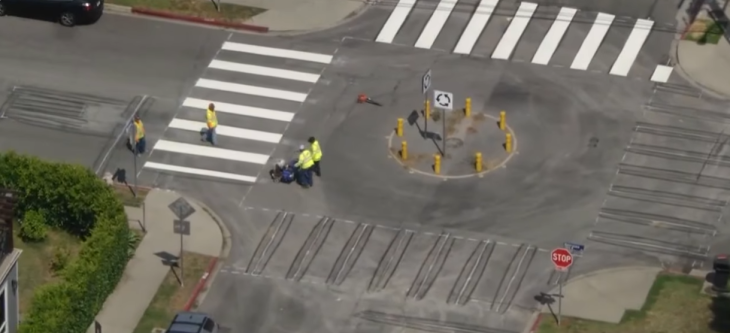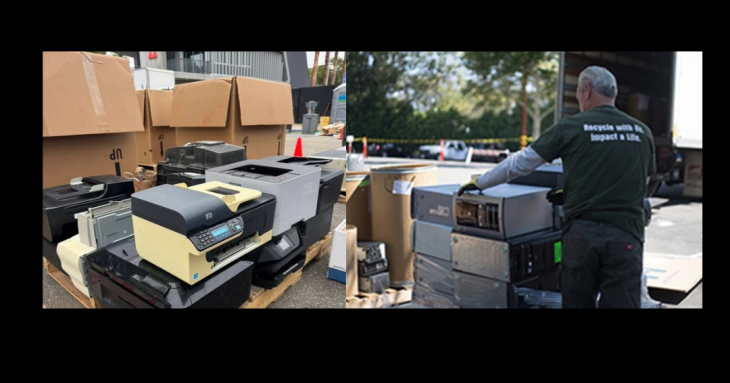Low temperatures and inclement weather are a threat to not only humans, but pets as well, so Pet Sitters International (PSI) advises pet owners to take some simple precautions this winter to ensure their pets stay safe.
PSI, the world’s leading educational association for professional pet sitters, advises pet owners to only use the services of professional pet sitters for their pet-care needs and to discuss winter weather preparations and policies with their pet sitters.
“Professional pet sitters have the knowledge and credentials to provide quality care for pets, regardless of season,” explained Patti J. Moran, PSI president and founder. “However, in many areas the winter brings unique challenges and it’s important that pet owners and their pet sitters are on the same page regarding protocols for pet care when temperatures or outside conditions become dangerous.”
PSI advises pet owners to follow these tips:
Know your pet sitter’s inclement weather plan. Most professional pet sitters offer pet-sitting services year-round in all types of weather, but make sure your professional pet sitter has your emergency contact on file should treacherous conditions or impassable roads prevent the pet sitter from reaching your home.
Keep pets inside as much as possible. Young, old and short-haired pets are more vulnerable to cold weather and should not be left outside unsupervised, and some pets may require warm clothing if they are going to go outside. Pets should not be kept outside in below-freezing temperatures, as both cats and dogs are susceptible to frostbite and hypothermia. Consult your veterinarian for additional guidance on pet safety in extreme temperatures.
Discuss exercise options with your pet sitter. When temperatures drop, your pet sitter or dog walker may need to shorten your pet’s walk or engage your pet in an alternate activity such as indoor play time. Stephanie Novak, owner of Pet Au Pair in Bala Cynwyd, Pa., said, “[On frigid days] I tell my clients that I will only keep their dogs out long enough to ‘do their business’ and then play indoors with them for the remainder of the time. I also have an established relationship with two vets in the area. If I am at all doubtful on a particular day, I call them for advice.”
Discuss emergency care with your pet sitter. Ask any potential pet sitter if he or she has been trained in pet first aid, and provide your pet sitter with signed authorization to take your pet to the veterinarian in the case of an emergency. Make your veterinarian aware of the arrangement and be sure your pet sitter has up-to-date contact information for your preferred veterinarian.
Don’t just hire a pet lover. “Often times, pet owners, and even news outlets, use the term ‘pet sitter’ carelessly, referring to anyone—from a family friend to the neighborhood teenager asked to check in on your pet—as a ‘pet sitter,’” Moran said. “It is important that pet owners understand that pet sitting is a professional career and professional pet sitters offer peace of mind that other pet-care options cannot.”
PSI advises pet owners to ask seven important questions of any potential pet sitter. The questions are outlined in PSI’s free Pet-Sitter Interview Checklist.
To learn more about PSI or to find a local PSI member pet sitter in your area, visit www.petsit.com/locate.






















